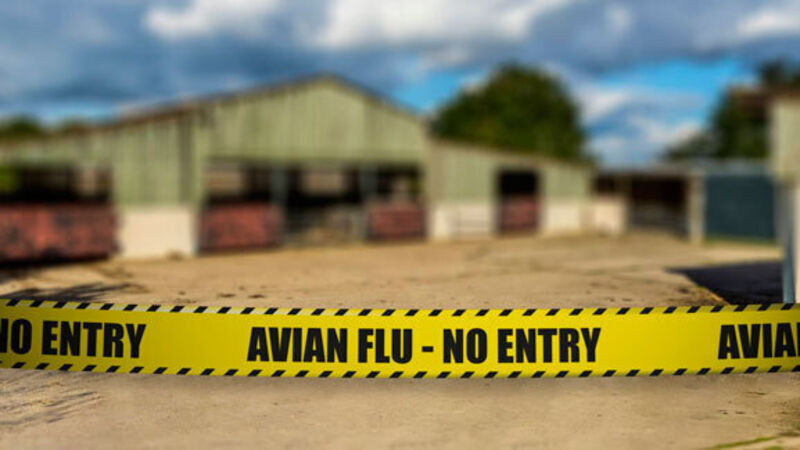Irish poultry farms keep bird flu at bay

However, the virus has been detected in wild birds here — which has been the precursor to it appearing in poultry farms, in almost all cases across the EU.
Twelve cases of bird flu have been confirmed by the Department of Agriculture in wild birds, including Munster cases at Nenagh, Co Tipperary, and Midleton, Co Cork.










